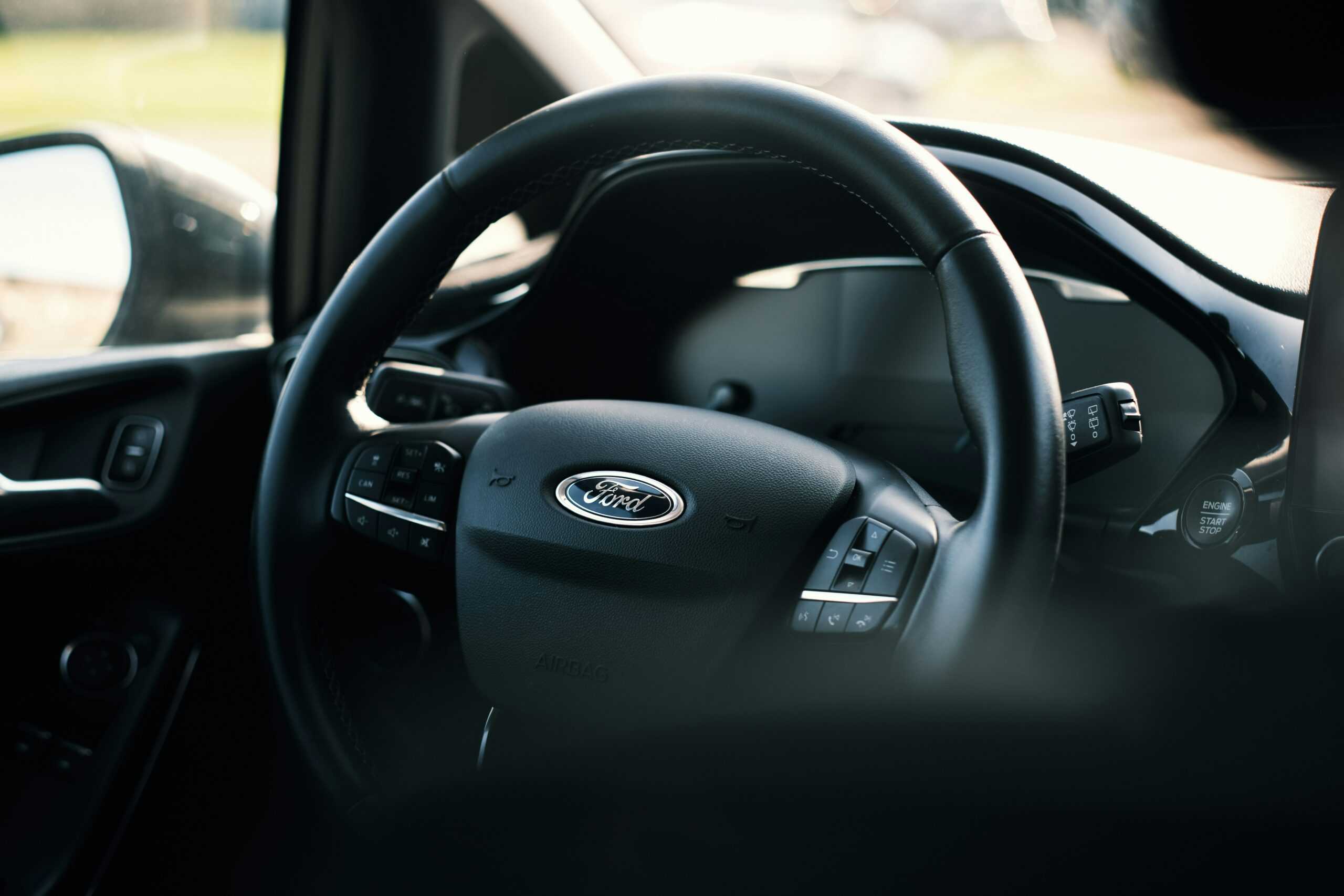
Photo by Jessy Smith on Unsplash
Ford Eases Dealership EV Requirements Amidst Pushback
June 14, 2024
In a strategic pivot, Ford is making significant changes to its Model E dealership certification program, allowing all dealerships access to electric vehicle (EV) inventory. This move, reported by CNBC, comes after considerable pushback from dealerships regarding the hefty investments required for certification. Initially, Ford mandated investments of up to $1.2 million, which included installing on-site EV chargers, facility upgrades, and advanced staff training.
According to The Verge, the original Model E program had differentiated dealerships with a “Certified” tag, dividing them into two tiers: the premium “Elite” tier, which required the highest investment and offered greater EV allocations, and a standard tier, which necessitated investments of up to $500,000 and allowed for about 25 EV allocations per year. The certification program mandated the installation of multiple EV chargers, some of which had to be available for public use, a requirement that faced substantial resistance from dealerships.
Starting July 1, Ford is broadening its EV sales and service capabilities to all 2,800 U.S. dealerships. This expansion replaces the Model E dealership program, which was launched in 2022. The initial program saw around 1,400 dealerships enroll, but it also sparked controversy and legal challenges. Many dealerships accused Ford of violating state franchise laws, and there was increasing friction as the automaker’s leverage waned amid slowing sales of popular EVs like Teslas, despite a rise in Ford’s own EV and hybrid sales.
Ford’s decision to relax the certification requirements reflects a broader trend in the automotive industry, where manufacturers are trying to balance innovation with practical implementation. By making EV sales more accessible to all its dealerships, Ford hopes to enhance its competitive edge and support the growing demand for electric vehicles. This approach not only aims to foster better relationships with its dealer network but also ensures a more widespread availability of Ford’s EV offerings, such as the F-150 Lightning and Mustang Mach-E, to consumers across the United States.
In response to the pushback, Ford had already revised some of these requirements in November. Now, by removing the necessity for dealerships to install EV chargers, Ford aims to simplify the process, though this might lead to more challenging delivery experiences for customers. Some dealerships remain reluctant to embrace the EV transition, which could further complicate the customer experience.
Recent News
Ice Cream Listeria Recall: What We Know
Thirteen ice cream brands are affected by the listeria recall.
Bimbo Bakeries FDA Warning: What We Know
Bimbo is one of America’s most popular bakery brands.
Toys ‘R’ Us Unveils AI-Powered Promo with OpenAI’s Sora
Last week at the Cannes Lions International Festival for Creativity, Toys “R” Us showcased a mini promo film made predominantly using OpenAI’s text-to-video tool, Sora.
Netflix Series ‘Stranger Things’ to Take Center Stage at Six Flags’ Fright Fest
Six Flags is ramping up for this year’s Fright Fest with major partnerships in place. The theme park has announced collaborations with Netflix, Warner Bros., Lionsgate, and Legendary for its Halloween event at its venues across the U.S.
